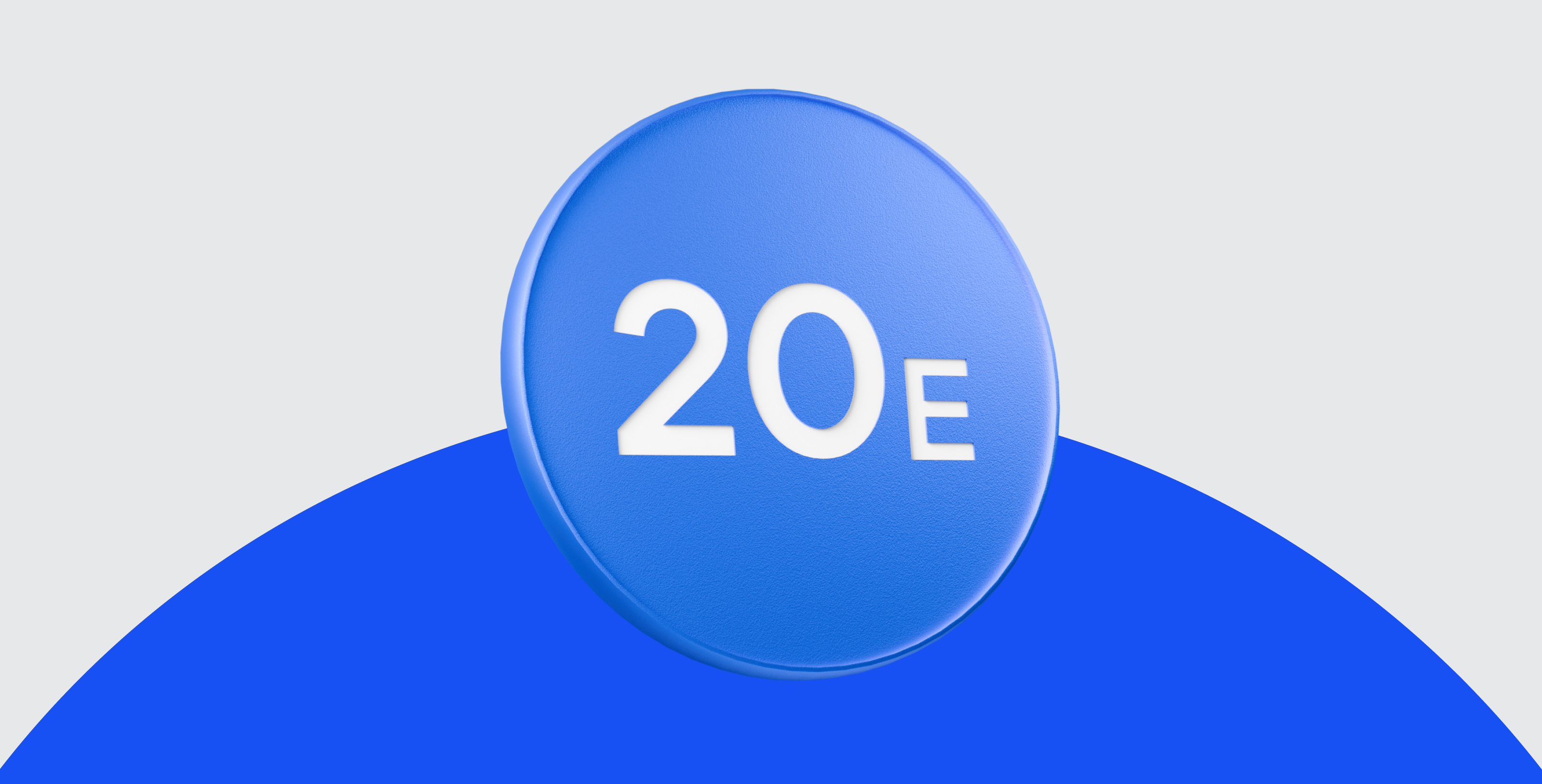Debunking Myths and Facts about Uniswap

Uniswap is both, a cryptocurrency and a decentralised exchange
Fact
Uniswap is the largest decentralised exchange (DEX) in the crypto space. It’s a protocol built on the Ethereum network, which is used for swapping ERC-20 tokens. This means that it does not list tokens trading on other blockchains and only works with tokens built on the Ethereum blockchain.
The Uniswap token (UNI) powers Uniswap, and anyone holding the cryptocurrency can participate in the protocol's governance and gain exposure to this emerging world of Decentralised Finance (DeFi) through the world’s largest decentralised exchange.
Uniswap uses multiple crypto assets, including its native UNI cryptocurrency, to provide a service similar to that of a traditional exchange. The difference is that Uniswap has no central operator or administrator, and therefore it is fully decentralised. Think of it as the decentralised version of the New York Stock Exchange.
The exchange operates as an automated market maker
Fact
Uniswap is the largest decentralised automated market maker (AMM) in the world.
Traditional exchanges require buyers, sellers, a central order book and a central reserve of assets. In contrast, AMM exchanges crowdsource liquidity and use smart contracts to execute trades.
AMM’s enable unstoppable, automated, and decentralised trading.
Uniswap trades assets by using smart contracts, which allow users (called liquidity providers) to deposit crypto assets into pools. These smart contracts then allow other users (called traders) to buy and sell these assets. Users who trade these pool assets pay a fee that is then distributed to all the liquidity providers proportionally (based on their contribution to the pool).
Each Uniswap pool holds two tokens, which together represent a trading pair for those assets (E.g. ETH/USDC).
Uniswap uses a pricing mechanism called the “Constant Product Market Maker Model.” Its formula (x * y = k) is used to determine the pricing for each trading pair.
- x and y represent the pool balance of each token, and k is the total constant price of said pool.
Users are not allowed to lend their crypto to Uniswap
Myth
Lending crypto to the Uniswap protocol is a fundamental part of how Uniswap’s decentralised exchange works; therefore, users are allowed to lend their crypto to the Uniswap liquidity pools (each pool represents a trading pair).
These users that lend their crypto are called “liquidity providers” (LP’s). Once lending your tokens to a pool, LP’s are given tokens that represent their share of the pool (LP tokens). Due to providing liquidity, the LP’s are entities to the 0.3% trading fee Uniswap charges on transactions. The Uniswap network rewards the trading fees to the LP’s in the percentage share they hold of the pool they provided liquidity to.
Uniswap runs on the Bitcoin blockchain
Myth
Uniswap is built on the Ethereum network and, therefore, can only exchange tokens built on the Ethereum blockchain (ERC-20 tokens).
Uniswap possesses the highest trading fees in the market
Fact and Myth
When compared to centralised exchanges, Uniswap has higher fees.
This is due to the fact that it is built on the Ethereum blockchain, and all transactions incur gas fees as well as trading fees (0.3%) to interact with the protocol.
When compared to similar AMM’s like Sushiswap, which also runs on the Ethereum network, the base trading fees are the same (0.3%).
Yet, Uniswap does have greater liquidity than that of Sushiswap, and therefore we might see more price slippage on Sushiswap. This would translate to the user incurring a worse execution price on Sushiswap.





